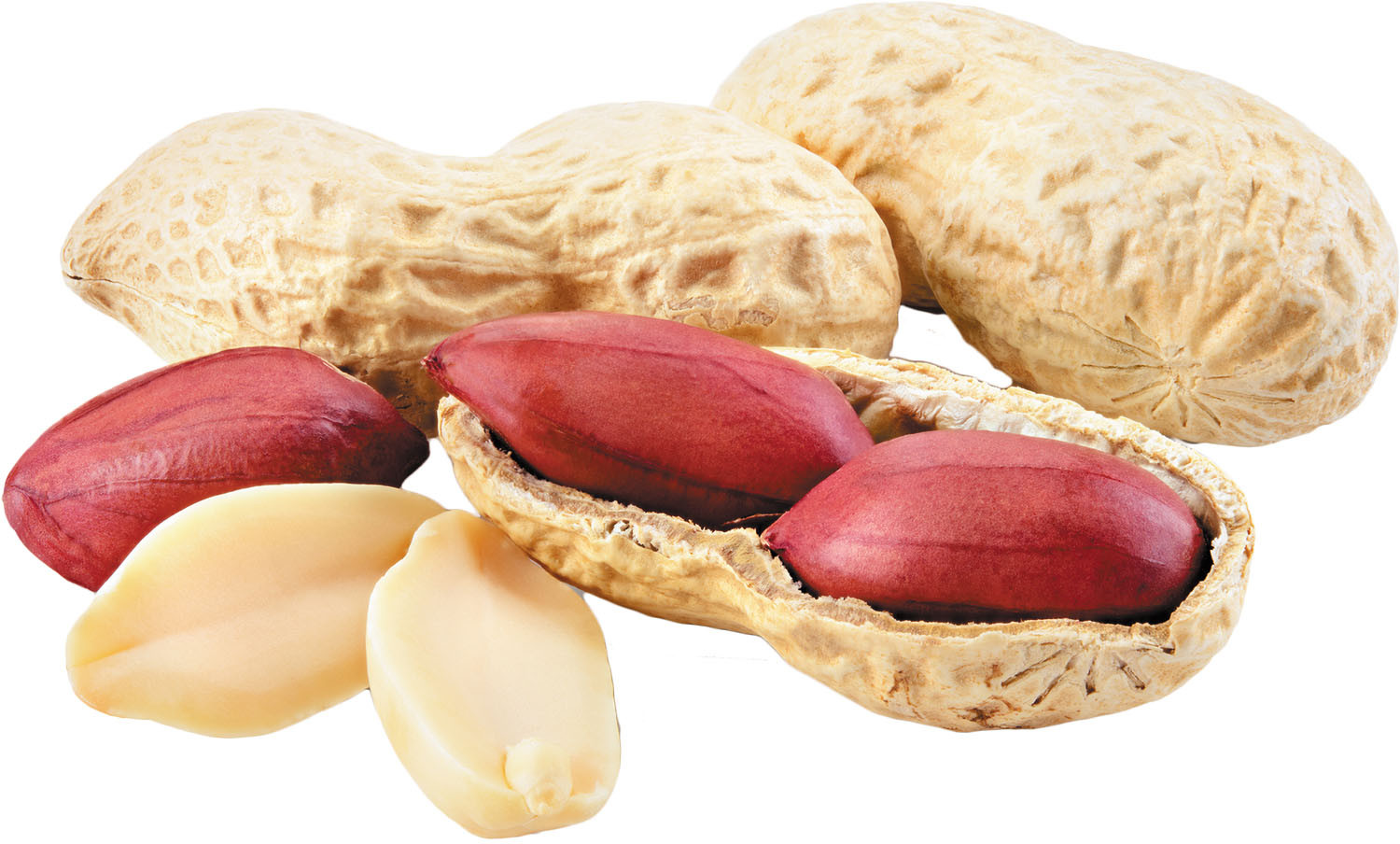Legume of the month: Peanuts

Even though "nut" is in its name, a peanut is actually a legume. Like soybeans, lentils, and other legumes, peanuts are edible seeds that grow in pods. Still, most people think of them as nuts, along with tree nuts such as walnuts, almonds, and hazelnuts. (Unlike other legumes, which grow on vines or shrubs, peanuts grow underground.)
Nutritionally speaking, peanuts and tree nuts are fairly similar: they're all rich in healthy unsaturated fats and fiber, as well as several vitamins and minerals. Numerous studies suggest that people who eat peanuts or tree nuts frequently have lower rates of heart disease compared with people who rarely eat them. One added bonus for peanuts: they're not as pricey as tree nuts, making them a more affordable addition to your daily menu.
If you like peanut butter, look for a brand that contains 100% peanuts with no added sugar or salt. Spread it on whole-grain bread, topped with thinly sliced apple or banana instead of jelly or jam. You can also use peanut butter to make peanut sauce to drizzle on steamed broccoli or other vegetables. Try adding chopped, roasted peanuts to a stir-fry, or just enjoy a small handful of unsalted peanuts as a snack.
Image: © anna1311/Getty Images
Disclaimer:
As a service to our readers, Harvard Health Publishing provides access to our library of archived content. Please note the date of last review or update on all articles.
No content on this site, regardless of date, should ever be used as a substitute for direct medical advice from your doctor or other qualified clinician.















